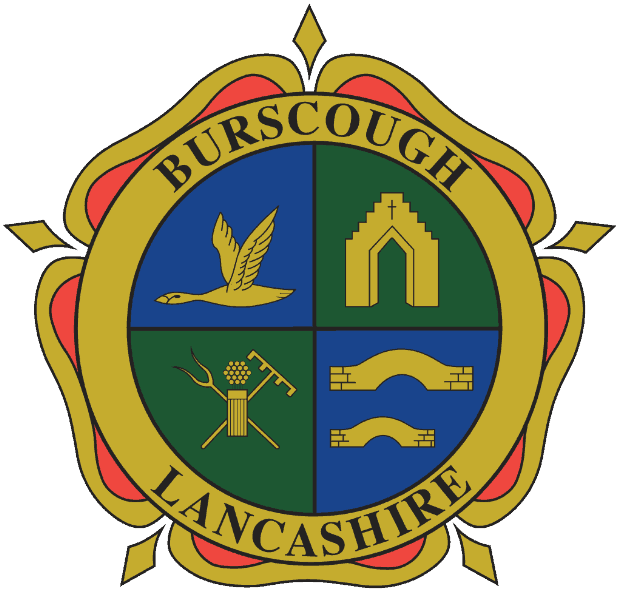Grant Awarding Policy
Amended Policy
Burscough Town Council has a small budget for the awarding of grants, through an official application form. The Town Council can only award grants using legal powers. Where there is no statutory power the Parish Council may use Section 137 of the Local Government Act 1972 to give grants to community organisations. The power may be only used if its use will benefit some or all of its residents or some or all of the area and where a benefit can be obtained through expenditure incurred within the Town of Burscough. Grant applications can be made by any Burscough resident, in line with our Diversity Policy.
This means that grants cannot be given to individuals. Grants will be considered by the Finance Committee with a recommendation given to the full Town Council for approval. Grant applications must meet the grant criteria listed below:-
- Applications must be made on the attached form together with a copy of a bank statement for the last 12 months, where applicable
- All applications will be considered on their merits but are more likely to be successful for specific projects, particular equipment and or an event.
- The purpose for which the grant is made must be in the interests of Burscough residents, and should be demonstrated, through the application process.
- The amount awarded for the grant will be at the discretion of the Town Council.
- Retrospective applications will not be funded once the project / event has taken place.
- The Town Council will collect a receipt from the applicant once the grant has been authorised and the cheque issued.
- All grant recipients are required to provide the Town Council with a brief report, including photographs if appropriate of how the grant has been utilised, how it assisted the organisation and what has been achieved, including photographs if appropriate and receipts.
- If the grant is put to a purpose other than that for which the grant was awarded, the recipient may be required to repay the grant back to the Town Council.
- A change of purpose must in all cases be approved by the Town Council.
- In all grant applications, applicants must demonstrate that they have made efforts to secure funding from other sources and that they are not relying solely on funds being made available by the Town Council.
How applications for Grants will be assessed
- How well the grant will meet the needs of the community of Burscough by providing a positive benefit.
- How effectively the group will use the grant.
- Whether the costs timescales are appropriate and realistic.
- What level of contributions has been, or will be, raised in addition to the grant.
- Burscough Town Council reserves the right to consider special cases that don’t meet the criteria.
Conditions of Funding
- The Town Council will only give to projects specifically designed for the benefit of Burscough and its residents.
- Applications will not be considered from organisations intending to support any party politically or discriminate on the grounds of race, gender or religion.
- Normally, one grant will be considered for an organisation per year.
- The Town Council will judge each application on its merits. It is not the Town Councils intention that applicants will receive a grant year after year and this will only happen if the applicant can show exceptional circumstances why their present application should be approved.
